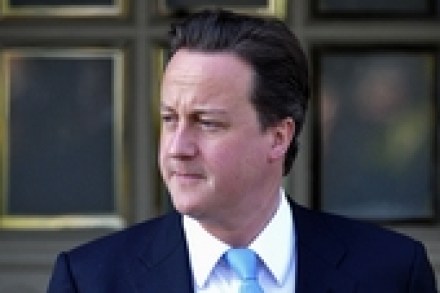Cameron’s sombre statement
David Cameron was calm, measured and far from messianic as he delivered his statement to the House on the coming action against Libya. He was keen to stress that last night’s resolution ‘excludes an occupation force of any part of Libyan territory.’ However, he did, in answer to a question from James Arbuthnot, agree that regime change was likely to be necessary to achieve the aims of the resolution. Cameron said there would be a statement later today from international leaders and it seems that this will be an ultimatum to Gaddafi. If military action does follow, Cameron said that he had ‘some guarantees’ from Arab leaders that they














